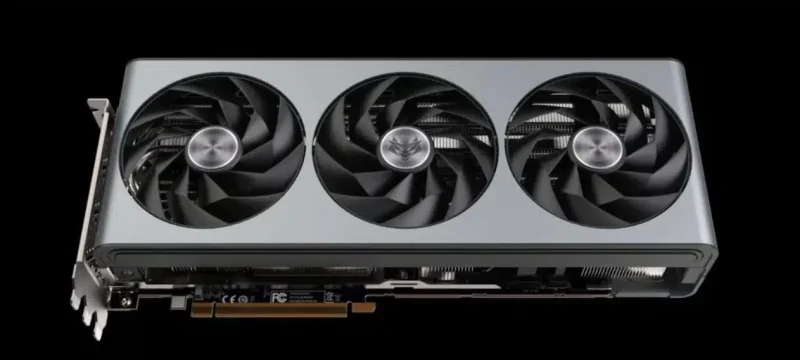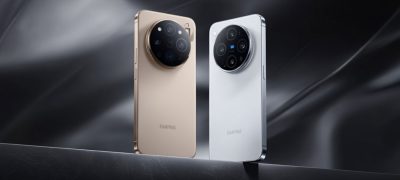AMD has unveiled its new RX 7700 XT and 7800 XT GPUs, offering improved 2K gaming performance at the $400 price point. Priced from $459, these GPUs are designed to compete with Nvidia’s RTX 4060 Ti and RTX 4070.
Both graphics cards deliver impressive performance, maintaining an average frame rate of over 60fps in modern games at 1440p resolution, even on high settings, without relying on complex upscaling techniques, according to AMD’s claims. This level of performance extends to demanding PC ports such as The Last of Us Part I and Star Wars Jedi: Survivor. Moreover, AMD asserts that both GPUs achieve an average frame rate of over 100fps in Call of Duty: Modern Warfare II.
Also Read: Nvidia’s Revenue Boosted by ChatGPT
It’s worth noting that these GPUs are somewhat larger in size, with AMD’s reference design for the Radeon RX 7800 XT occupying 2.5 expansion slots in a desktop system, in contrast to Nvidia’s two-slot configuration for its RTX 4070 Founders Edition and lower models.
In terms of power consumption, these GPUs demand more power, reaching up to 265W compared to Nvidia’s 200W consumption for its GeForce series. Interestingly, AMD has kept the use of two eight-pin PCI-E power connectors, which may be appreciated by some users.
Memory is a significant aspect, with the RX 7700 XT featuring 12 GB of GDDR6 memory on a 192-bit interface, resulting in a comprehensive bandwidth of 432 GB per second. On the other hand, the RX 7800 XT boasts 16 GB of memory on a 256-bit interface, achieving an impressive total bandwidth of 624 GB per second.
In addition to the GPUs, AMD is introducing FSR 3 on September 6th. This updated upscaling technology enhances frame generation capabilities and enables Native Anti-Aliasing. FSR 3 is compatible with a range of graphics cards, including Radeon 5000, 6000, and 7000 series. While AMD recommends using it on 6000 and 7000 series cards for optimal results, FSR 3 will also extend support to Nvidia cards from the 20-series, 30-series, and 40-series.
However, it’s important to note that FSR 3 will only work if developers incorporate it into their games. Some upcoming titles that will feature FSR 3 include Cyberpunk 2077, Forspoken, Immortals of Aveum, Avatar: Frontiers of Pandora, and more. Interestingly, Starfield will have FSR 2 rather than FSR 3, despite being bundled with the GPU.









